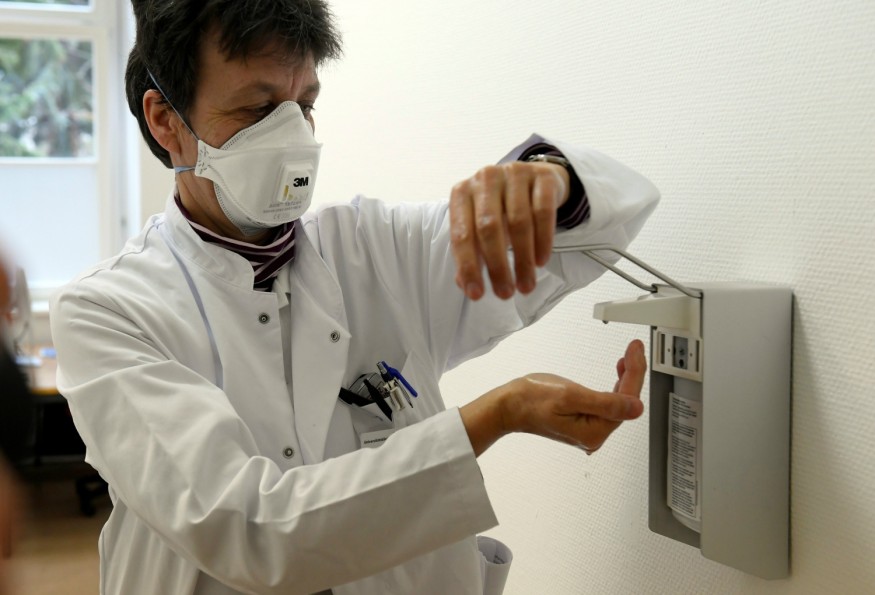The Miracle of Soaps and Alcohol-Based Sanitizers

All throughout the globe, people rely on you to prevent the transmission and infection of COVID-19- the lethal new SARS-CoV-2 infection.
Please be aware that when washing, you eliminate a number of other harmful bacteria and potentially fatal viruses, such as influenza as well as a variety of specific coronaviruses, which have been plaguing people for decades.
COVID-19 is not the only filthy organism that dies in the intensive use of washing with soap. The human metapneumovirus that could also lead to respiratory infections as well as pneumonia that kill millions of people all over the globe each year, breakdowns and dies in the hands of soap and water.
The Miracle Role of Soap and Water
The coronaviruses tend to be coated in the microscope with sharp spirals, which gives them the look of having a crown -thus the term. The outer layer underneath the crown is the disease composed of lipids, or what we would all consider fat.
What would it do for the bacteria if you get rid of its outer layer?
It has more to do with the formation of soap molecules- each appeared like a tiny sperm with a head and tail. The head attaches to liquid but it is rejected by the tail, favoring oil and fat.
Desperate to avoid water, the tail is attracted to the fatty outermost layer of the bacteria and starts ripping it open, just as though we use a crowbar to break two pieces of wood. When it has broken open, the infection or bacteria spreads into the soapy water and perishes.
According to Dr. William Schaffner, a professor of preventive medicine and infectious disease at Vanderbilt University School of Medicine in Nashville said that all the bubbles and foam literally traps the bacteria or kills the bacteria and are washed away once you rinse your hands.
The Use of Alcohol and Hand Sanitizers
Schaffner clarified that alcoholic hand sanitizers can be as good as soap if used properly and that it needs to contain at least 60% of alcohol in them as alcohol completely destroys the virus.
"That's because alcohol is a different chemical property," said chemist Bill Wuest, an associate professor at Emory University who studies disinfectants. "It helps break up the germ membranes, but you need to make sure it gets into direct contact with the bacteria or virus."
He also further clarified that although alcohol is very efficient in destroying bacteria however the bacteria are still not washed away. So we understand we must use a lot more than just alcohol to kill this organism or virus when someone just sneezed in their hands and their hand is filled in mucus.
Alcohol would then be particularly important as there are viruses and bacteria that has no fragile, fatty bellies in which soap bubbles can kill such as hepatitis A, poliovirus, meningitis and pneumonia.
Therefore, the next moment you wash your hands for the millionth time, find pleasure in all these soapy bubbles you make- and have the joy to imagine those fading microscopic beings around the drain.
Check these out:
Subscribe to Latin Post!
Sign up for our free newsletter for the Latest coverage!















